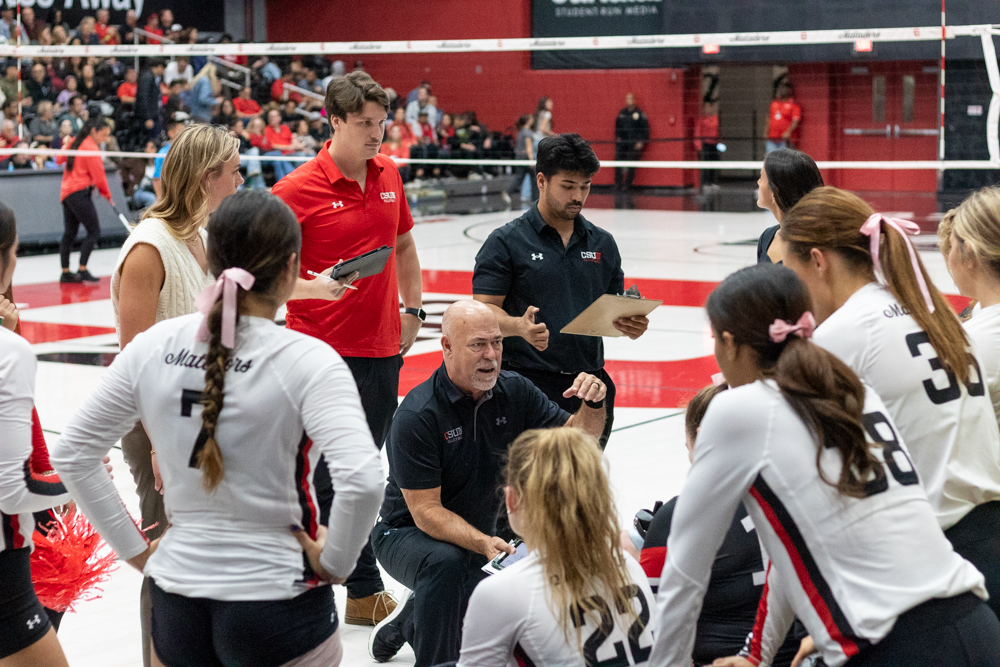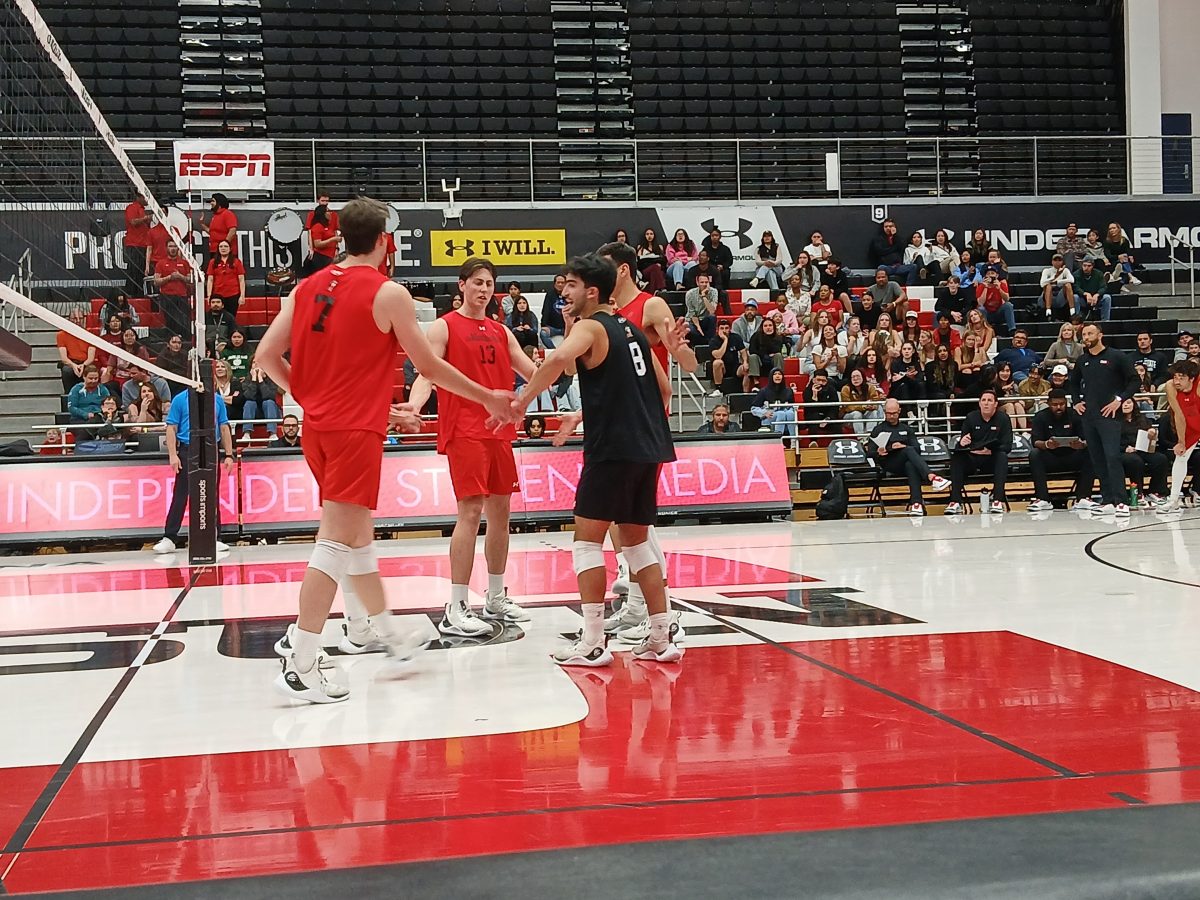
Boxing great Joe Frazier died Monday night of liver cancer at age 67. It’s likely the general public will remember him best as the fighter on the losing end in two of three fights against Muhammad Ali, including “The Fight of the Century” and the brutal classic “Thrilla in Manila.”
And though that’s enough for the casual observer to think Ali was the superior fighter, those who examine the sport closely will tell you neither of their legacies will ever be better than the other. Frazier was, and will always be, one of the greatest fighters to ever step in the ring.
Still, though they are permanently linked in history, it’s Ali whose star shines the brightest. Charismatic, charming and loud, Ali was everything Frazier was not. All attention was paid to Ali’s pre-fight poems predicting knockouts of his opponents, personal attacks of their character and his handsome looks. To both the media and fans alike, Frazier had little to counter with.
In reality, the only thing that mattered was what happened inside the ring, where none of the mental tactics Ali employed made a difference. It was in their fights that Frazier’s upbringing and personality showed most.
Born to a sharecropper in South Carolina on Jan. 12, 1944, Frazier lived his life on a farm, picking cotton and working as a farmhand. Frazier was a blue-collar worker, growing up the youngest of 12 children.
His upbringing translated to his workman style of fighting. Frazier was a classic brawler, constantly moving forward, applying pressure to his opponents until they became fatigued. His work rate was amazing to behold as he never relented in even the most grueling of fights.
When Frazier and Ali finally met after years of anticipation on March 8, 1971, the crowd at Madison Square Garden in New York was electric. Dubbed “The Fight of the Century,” the two boxers, undefeated at the time, battled back and forth for 15 rounds of highly competitive warfare.
Where Ali was tall, smooth and agile, Frazier was short, rugged and brutish. There was no flash to Frazier’s fighting style, and it proved to be an effective antidote to Ali’s effortlessly athletic movement in the ring.
The first half of the fight proved to be the most divisive for the smaller Frazier, who was regularly caught by the long jabs of Ali while trying to get up close. Over the second half though, Frazier’s nonstop pressure proved to be the difference as Ali began to slow down dramatically, succumbing to the vicious hooks thrown to both his body and head.
In round 11, it looked all but over when Frazier backed Ali into a corner and unloaded a blistering left hook. Ali stumbled around the ring for several more rounds as Frazier continued to batter him, never looking back as he cruised to a unanimous decision victory, punctuated by a leaping left hook that knocked Ali down for only the third time in his career.
The fight would signify the first loss in Ali’s career, and the beginning of a classic trilogy of bouts, most notably the “Thrilla in Manila” in 1975 in the Philippines.
In it, both fighters suffered through exhausting heat rumored to have reached near 120 degrees inside the ring. The bout lasted 14 brutal rounds before Frazier’s trainer, Eddie Futch, decided to stop it after seeing his fighter hit repeatedly by right hands on a grotesquely swollen left eye.
Though exhausted, Frazier was furious with his corner for stopping the fight.
And therein lies the greatness of Joe Frazier. Beaten, battered and in danger of losing his life if he had gone out for the 15th and final round, the job wasn’t done, so neither was Frazier.
In a time where athletes are spoiled and overpaid, Frazier embodied everything that is good about sports. His legacy will forever be that of a worker, inside the ring and out.





